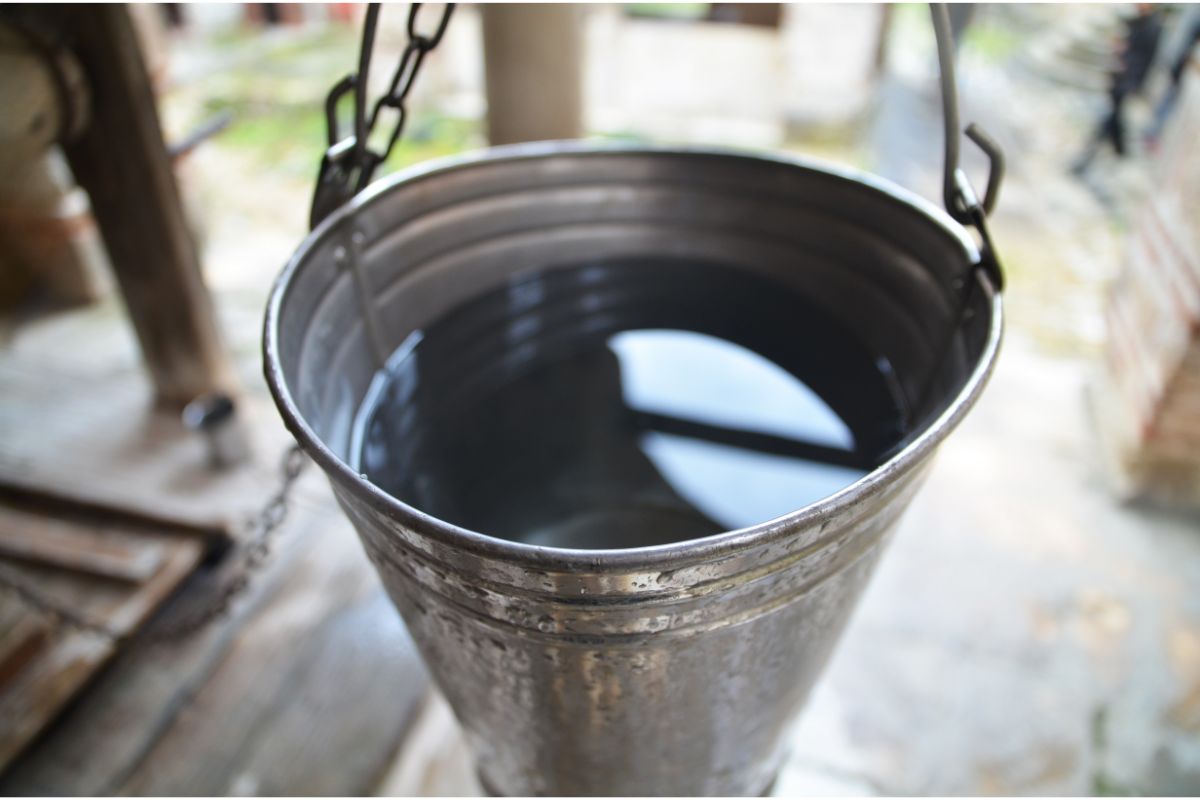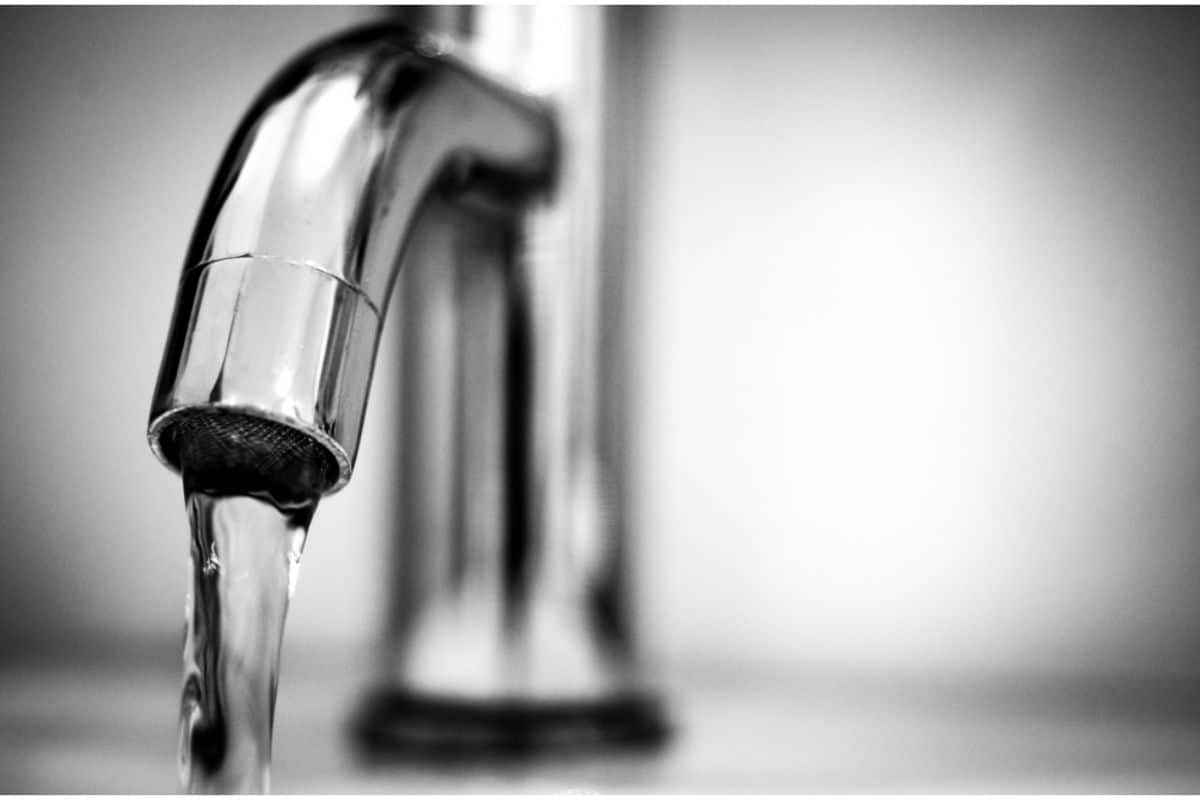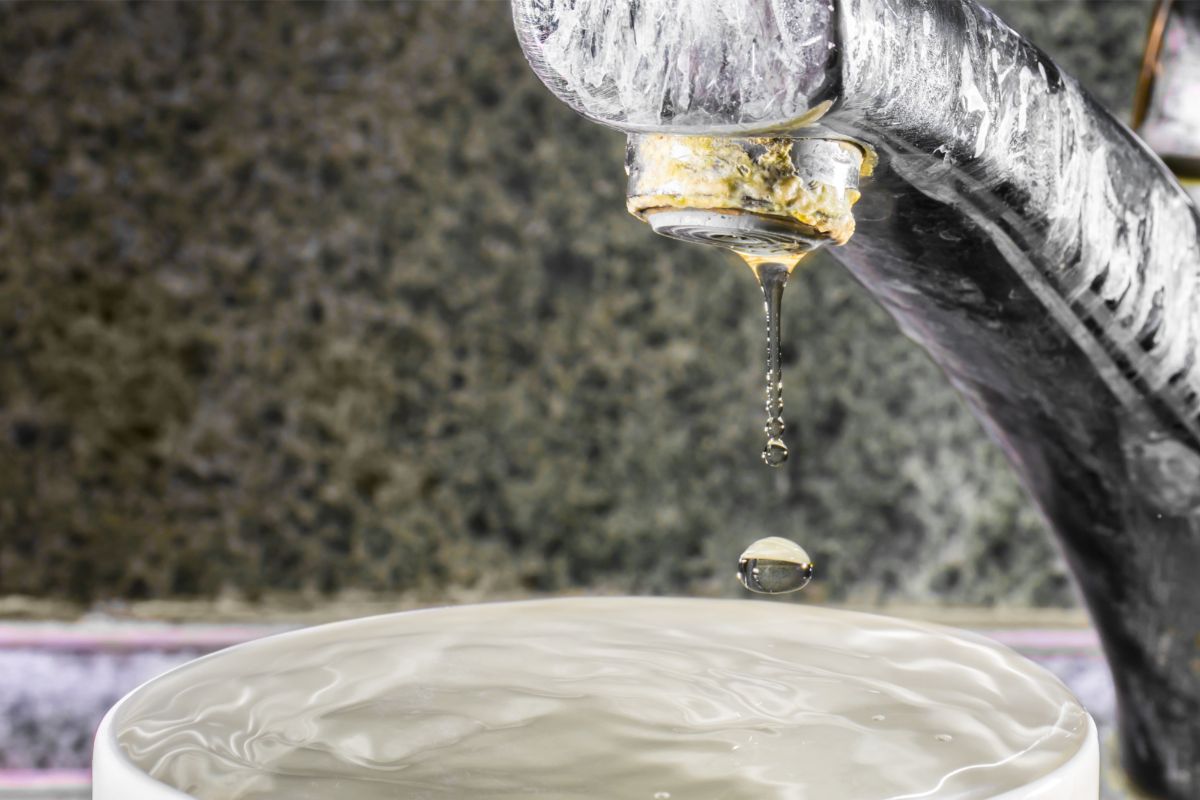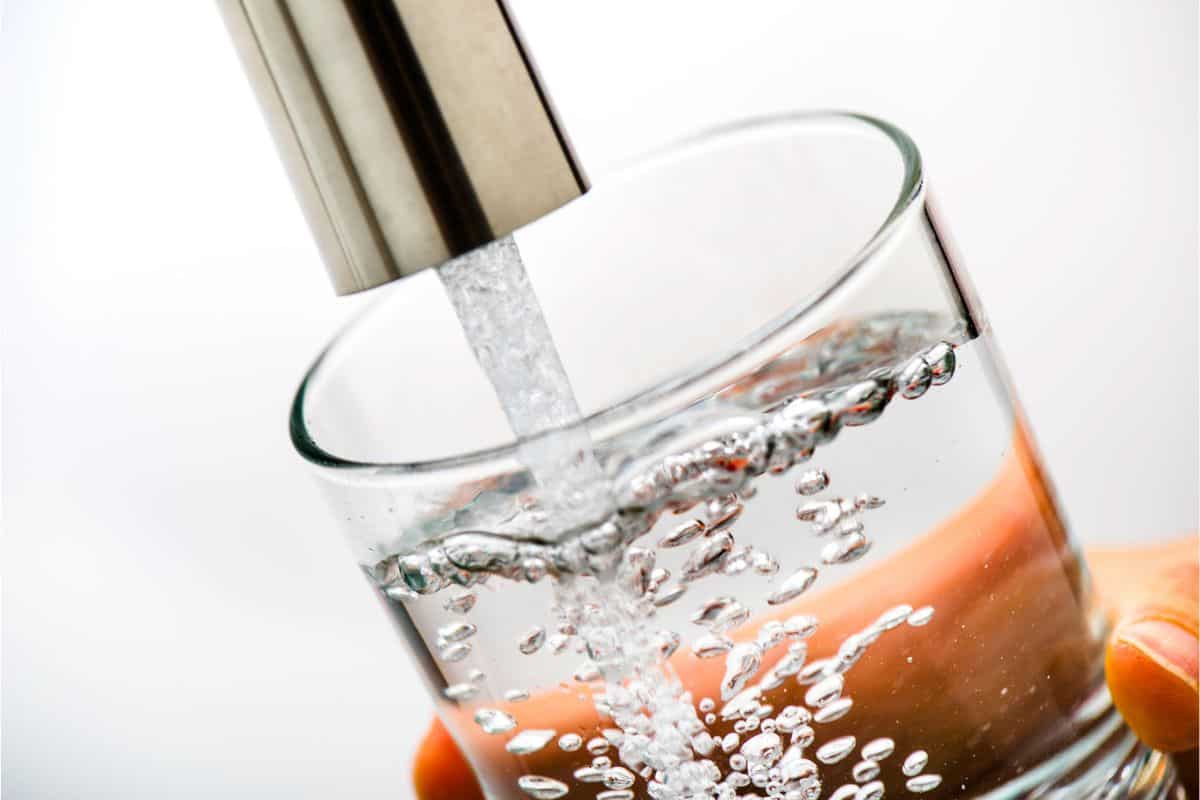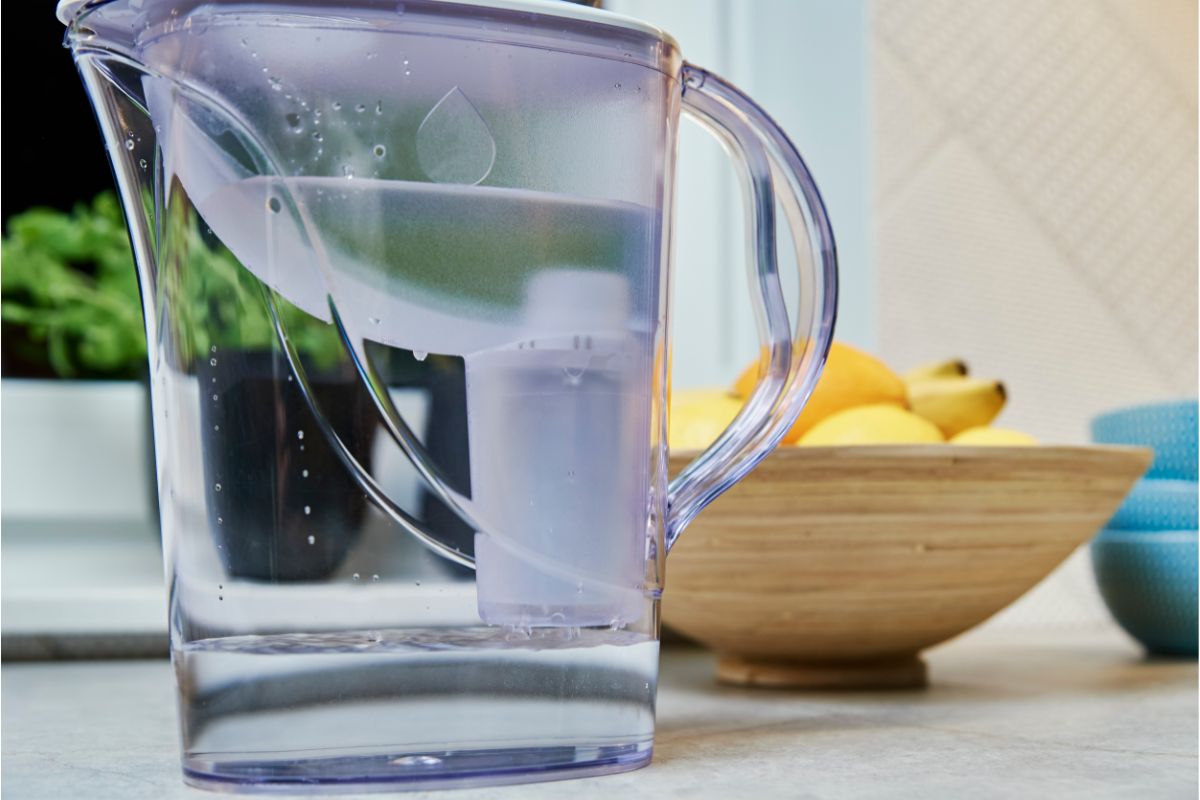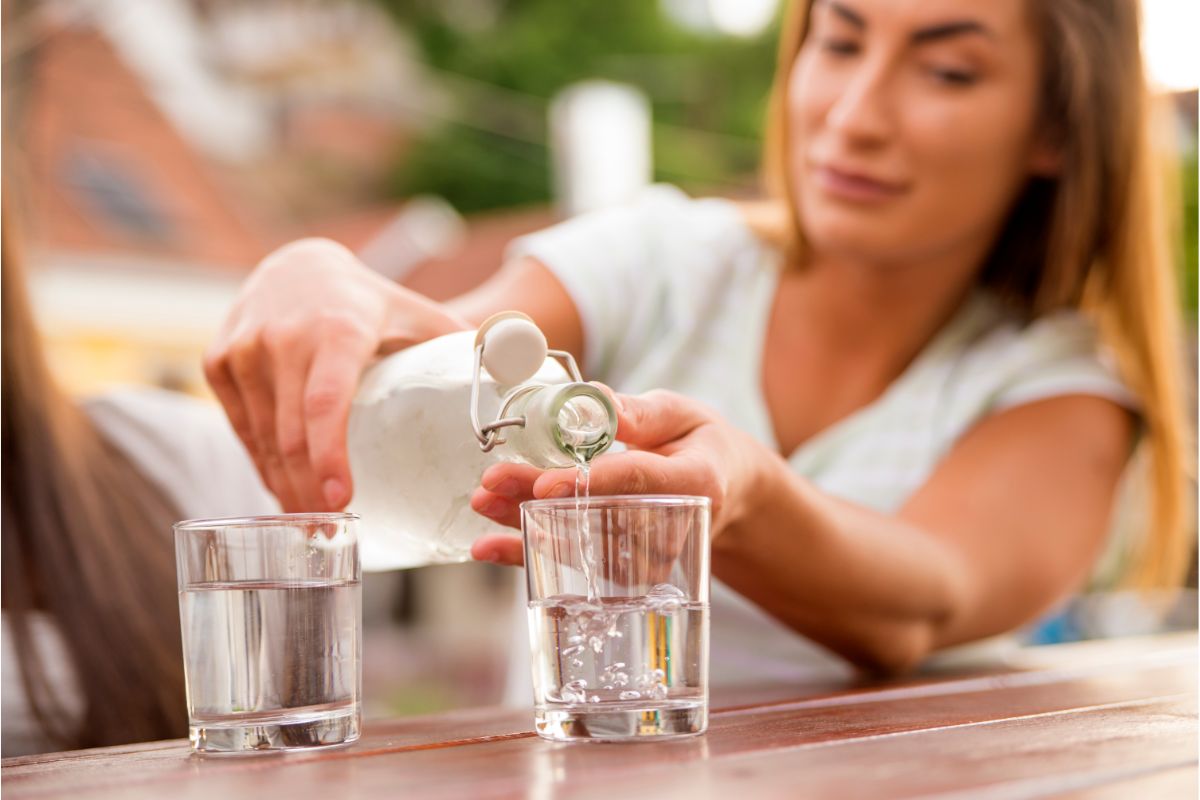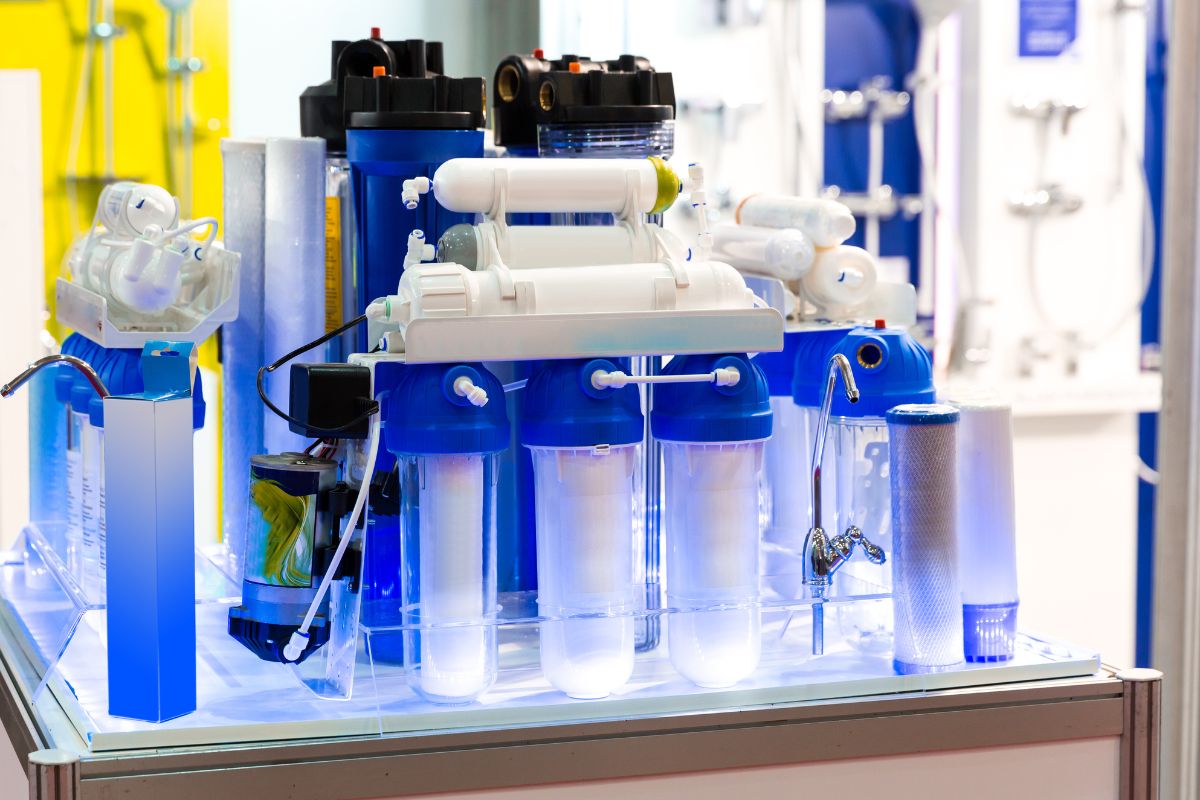There is no definite answer to whether your well has soft or hard water. This is because it can differ from well to well depending on its location and what the mineral composition of the soil and bedrock is like.
However, you can usually assume that if the area surrounding the well is brimming in minerals such as magnesium and calcium then the water will be too.
This is because these types of minerals tend to attach to the hydrogen and the oxygen molecules that you’ll find in the water. The more minerals in your water, the harder it tends to be.
The hardness of your water can impact its quality, so throughout this article, we will go into further detail as to how you determine whether the water in your well is hard or soft.
Contents
What is well water?
Well water is defined as a type of water that is pumped from underground water stores known as aquifers. What is an aquifer? Well, it’s a naturally occurring store of water that collects rainwater that has sept down from the soil above.
The water usually accumulates on a layer of bedrock and this area under the ground where you find these aquifers is called the water table.
Where you’ll find a water table, and the depth of the water will depend on a few different factors. For example whether or not there is a larger body of water nearby or whether the land is flat or mountainous.
If the well was built a long time ago, then there will be long wide shafts that go through all of the soil until they meet the water table underground.
However, newer wells tend to be dug out using drills which means that extra-long, extra thin shafts could reach even further into the ground.
The water will inevitably flow through the soil that is rich in minerals and then sits atop the bedrock. The bedrock itself will also usually contain minerals that the water can extract.
The more minerals such as calcium and magnesium that are found in the water in your well, the harder the water will be.
How to determine soft VS hard water
Since hard and soft water refers to the number of minerals found in it, it is not possible to determine which water type it is by just mere sight or touch of the water. However, you can look out for some of the tell-tale signs that minerals are present.
For example, you can observe whether or not the water is leaving behind mineral deposits in your toilet, sink, or showerhead. Particularly hard water will also cause staining, rust, and discoloration to these items too, so you can try and keep an eye out for that.
Soft water doesn’t have half as many minerals in it and so it won’t leave behind a noticeable residue as hard water does.
Soft water is also much better at keeping you clean so if you start to notice that your shampoo, conditioner, and body wash isn’t rinsing properly or you’re being left with a scummy layer on your skin all of a sudden – there is a good chance there has been a change to your water and its become hard.
Soft water cleans a lot better because the molecules have the ability to attach to the dirt whereas hard water cannot because the molecules are all already bound by the minerals.
You can also check the hardness of your water by buying a water hardness test kit.
Can well water be soft?
Well water is not innately hard, but it’s a lot more likely to be hard than it is soft. This is because water from a well is usually sourced from underneath the ground as opposed to a water reservoir and so the hard water tends to take on all the minerals that it passes on its way.
But that does not necessarily mean that you’ll never find soft well water. If the well is especially deep you may not have the issue of the water coming into contact with minerals from the soil.
Signs of hard water
There are often a few telltale signs that you’ve got hard water:
- A build-up of a white substance that’s difficult to clean on many appliances or pipes that use water.
- Your soap and shampoo don’t lather very well or at all.
- Clothes come out a dingy color after a wash.
- You find rusty stains on your clothes after you wash them.
- Skin irritations or dull dry hair after a shower or a bath.
If you find these are fairly frequent issues that you come across at home, it is very likely that you have hard water.
Well water VS city water
You may be wondering which is harder, well water or city water.
While it’s true that the water you’ll drink from the faucet has undergone multiple treatments in order to make sure that it’s safe to drink, the water doesn’t undergo any treatment to change the hardness or softness of the water that you drink.
Well water tends to be a more private water supply that the owner themselves are responsible for treating and ensuring quality control. So city water can tend to be safer to drink if you’re unsure of how to purify your water.
However, though there are many differences between the quality of water from a well and a city, the hardness of the water isn’t really one of them. City water can be equally as hard as well water depending on the location.
Final thoughts
As a rule, if you are using a supply of water from a well it is more than likely that the water will be hard. This is because it has to pass through the soil which is rich in nutrients and minerals such as calcium and magnesium.
The water effectively absorbs these minerals which cause the water to become hard.
